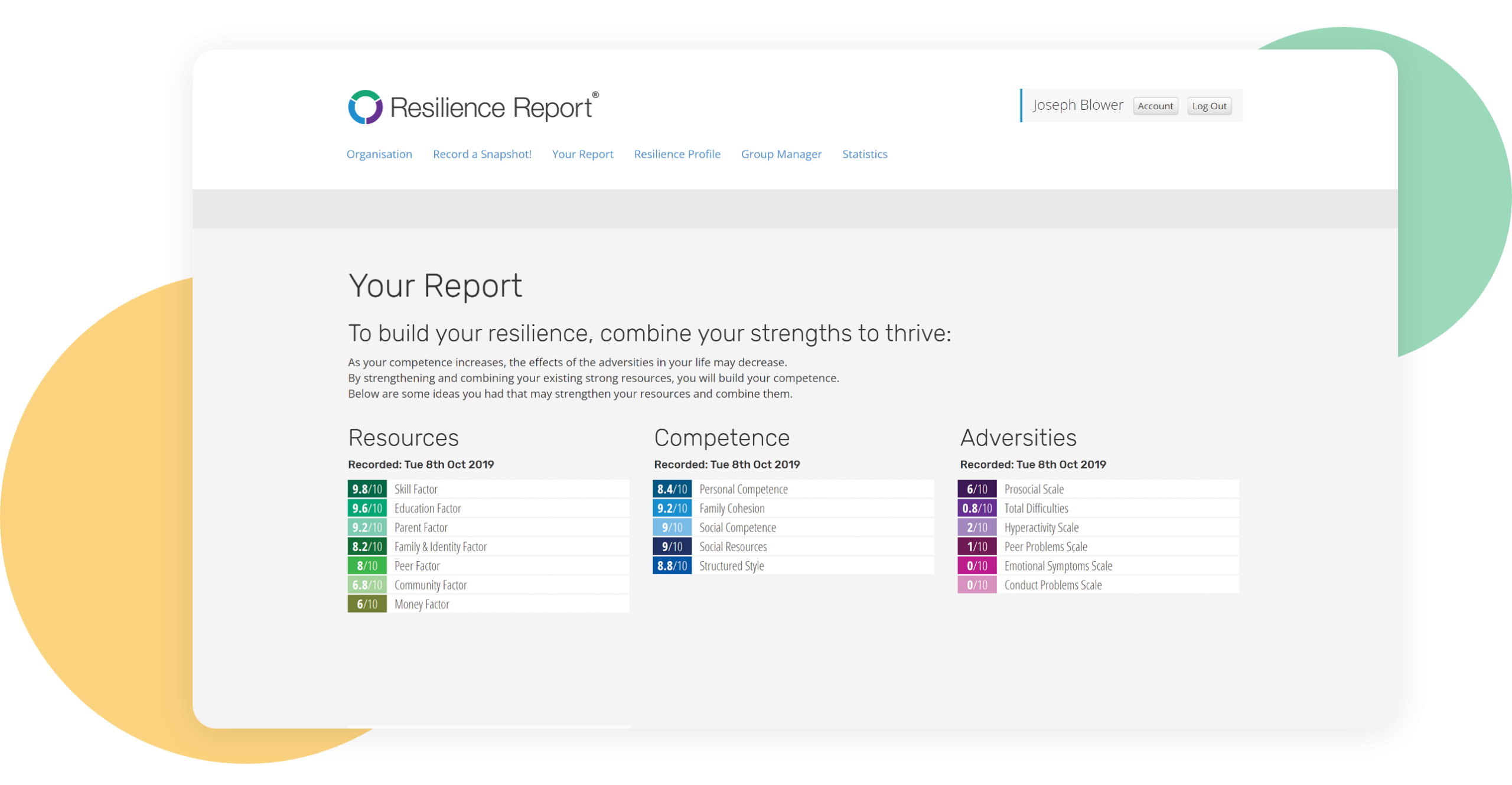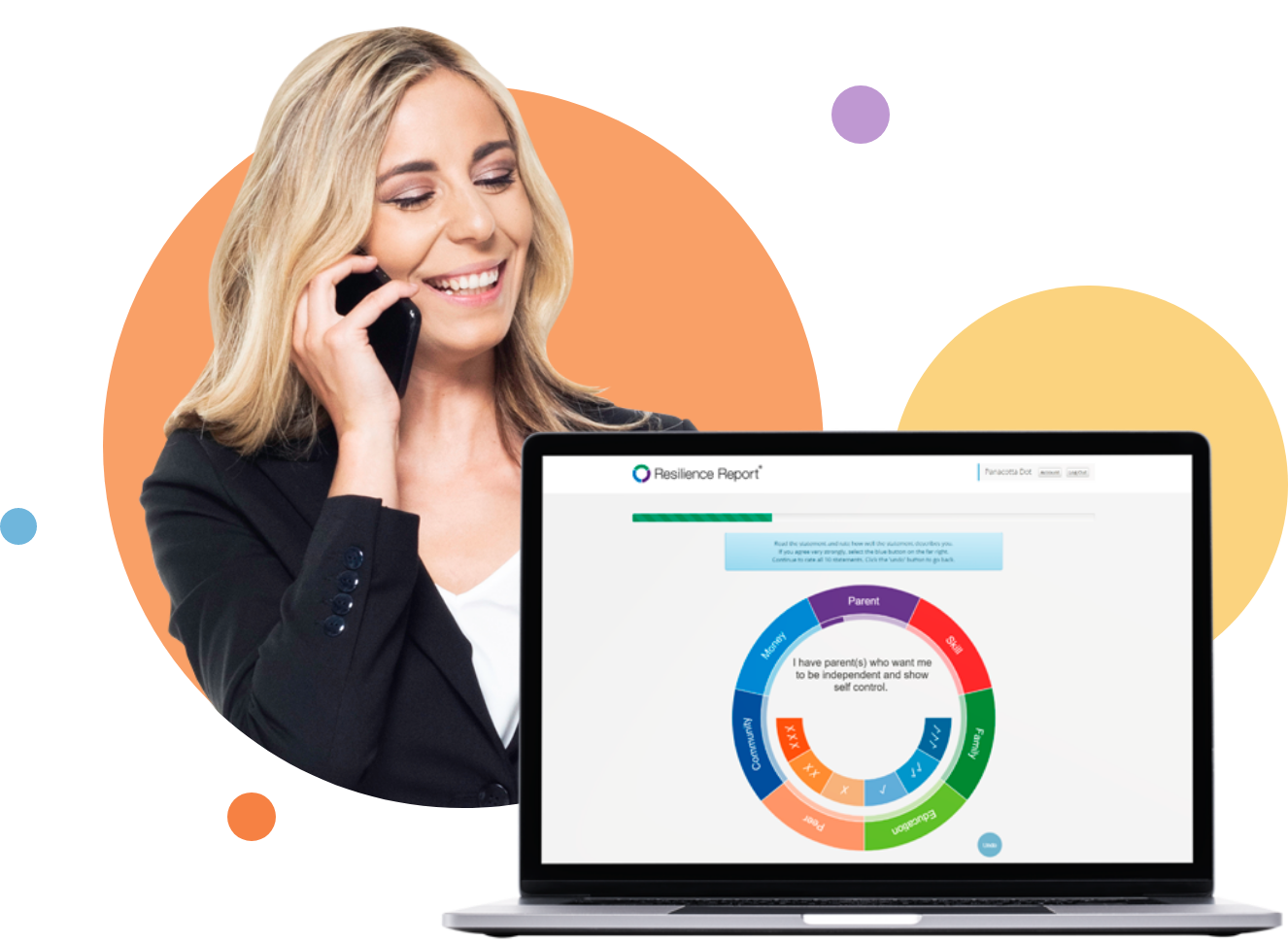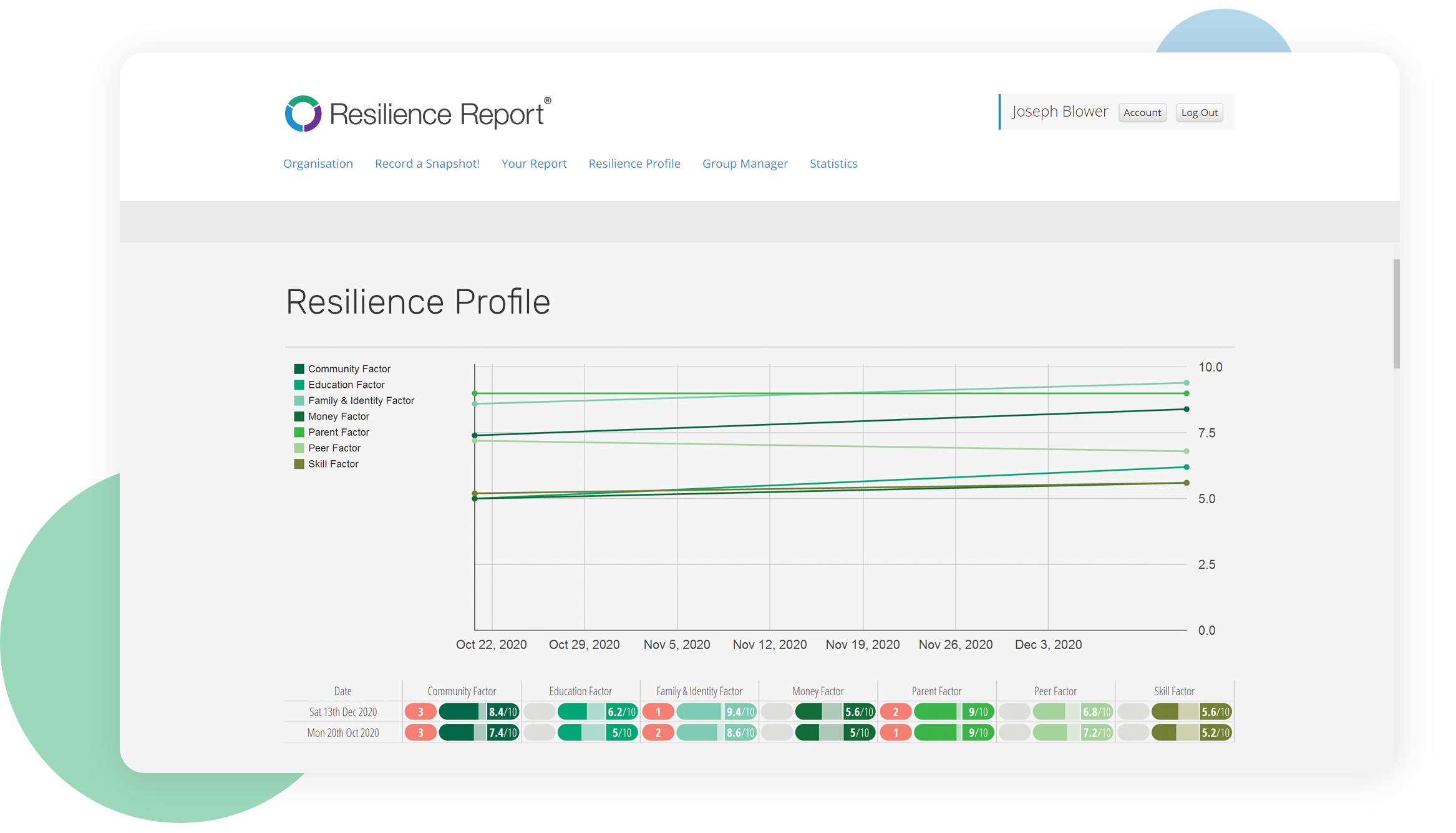Discover your resilience with scientifically validated measures
The Resilience Report offers easy to use interactive tools to measure resilience with instant results.
Discover your resilience with scientifically proven methods.
The Resilience Report offers easy to use interactive tools with instant results.
Discover your resilience with scientifically proven methods.
The Resilience Report offers easy to use interactive tools with instant results.




